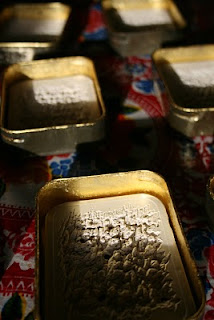'112. Insider's View of Moose
KEITH HENDERSON: People today, they think that the economic crunch and the hard times are bad, but they don't really know what it's all about. It's really the lap of luxury we're living today compared to the dirty thirties. I remember my dad, he was living in a French community at the time. And they're predominantly Liberal, as they always are. Oh times were tough, you know [...] as far as meat was concerned, we didn't have any. So the winter was bad and he decided to go up in the northern part of B.C., and he was going to do a bit of trapping and he was going to shoot a moose. We'd have our meat then. And he hoped to make a few dollars by trapping [...] A storm blew up and just then he shot a moose. He gutted and cleaned this moose out and oh, the blizzard blew up just terrible. He knew there was just no way with the low temperature, and the freezing and the blizzard [that] he was just not going to survive the night. There was no shelter. There was little or nothing to make a shelter out of there. So he looked at this moose and he thought, "Well gosh that carcass is pretty warm, I have a heavy coat, I'll just crawl in this carcass of this moose and it's warm. At least it will protect me from the blizzard and the driving wind and the snow and everything. I'll survive the night that way." And so he got his big coat and he bundled up and he crawled in this moose, and he pulled the sides down–the flaps of the skin down. And he did. He survived the night real well, [and was] warm as toast in the morning. But god, when he woke up in the morning, he saw that there was just no way that he was going to get out. That damn carcass had frozen solid. Well he knew that death was going to come to him, and there was a tear came in his eye as he started to think of his wife and all the kids at home, and how were we going to survive, and things like that. I guess in all such cases, you know, your life sort of passes around in front of your eyes. It all unfolds like a motion picture. He thought back over happier days, and he was getting sadder by the minute. And then he finally remembered one time–the one and only time–he voted Liberal. And you know, he felt so small, he just crawled out of that hole in the gullet, and went off home.'
Tall Tales of British Columbia, ed. Michael Taft, Sound Heritage Series, No. 39, Victoria, 1983




